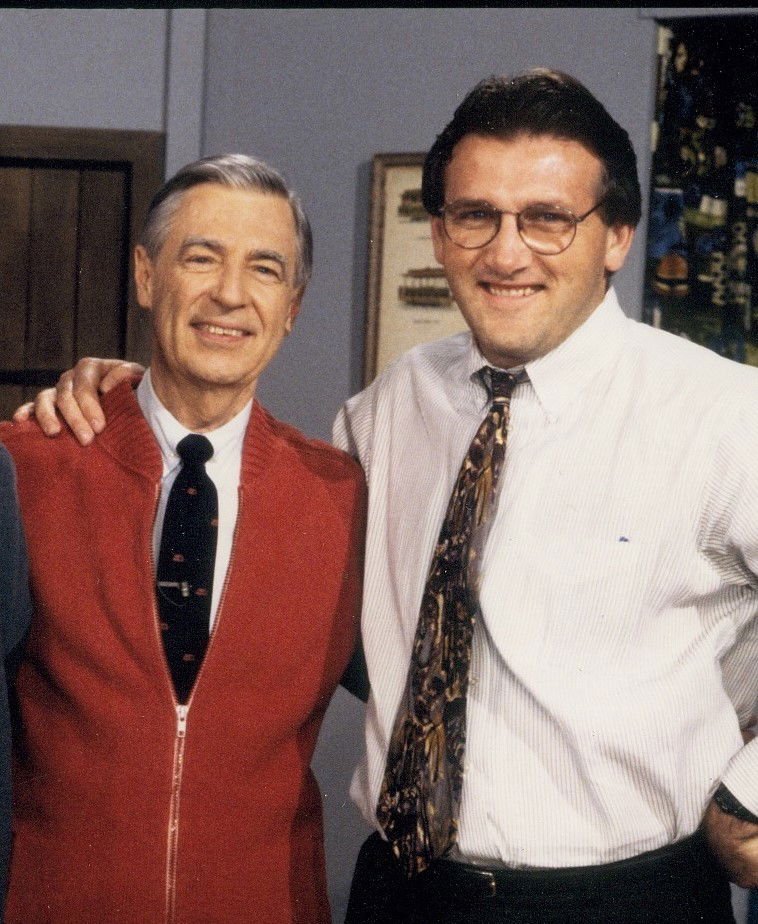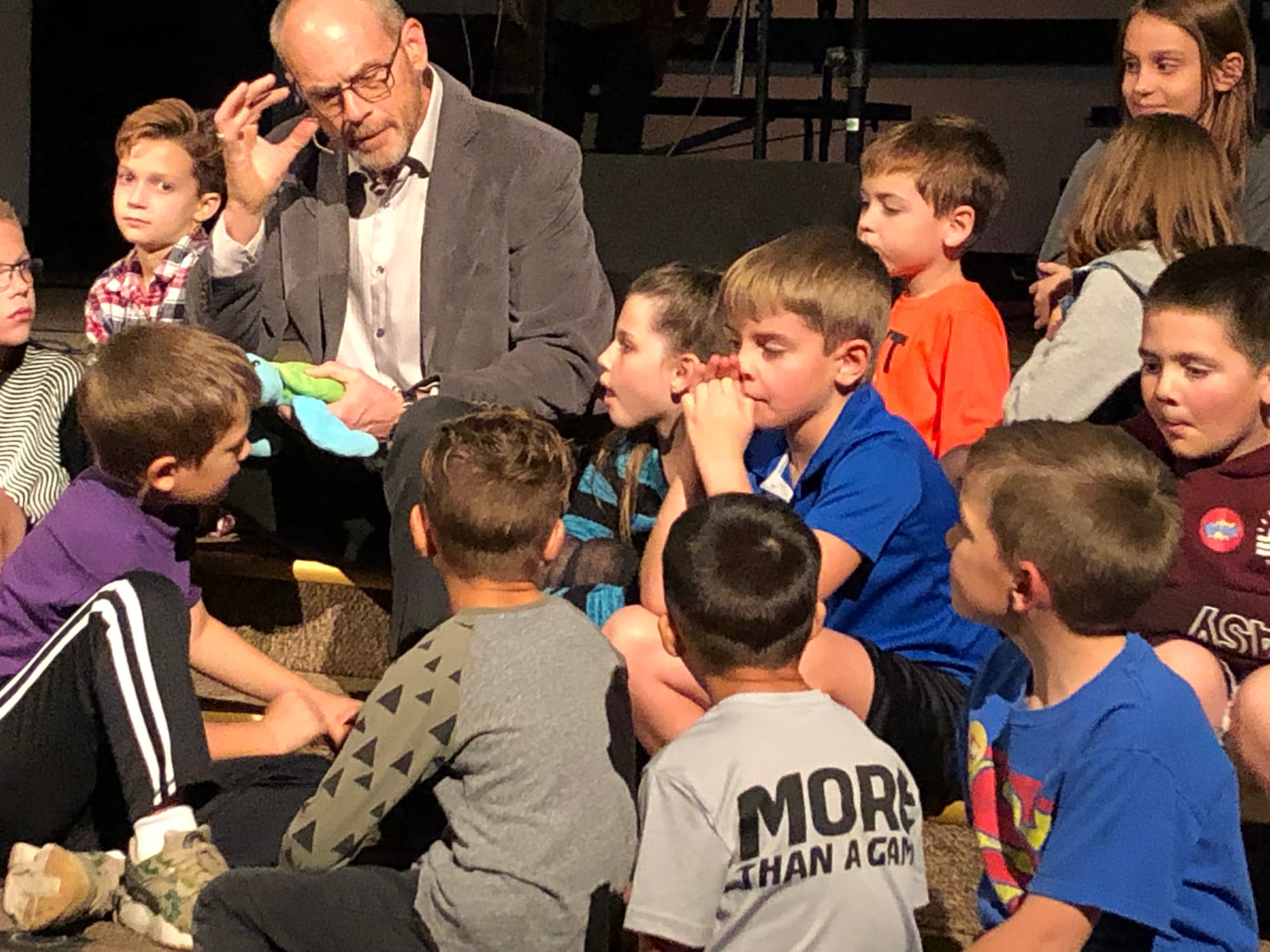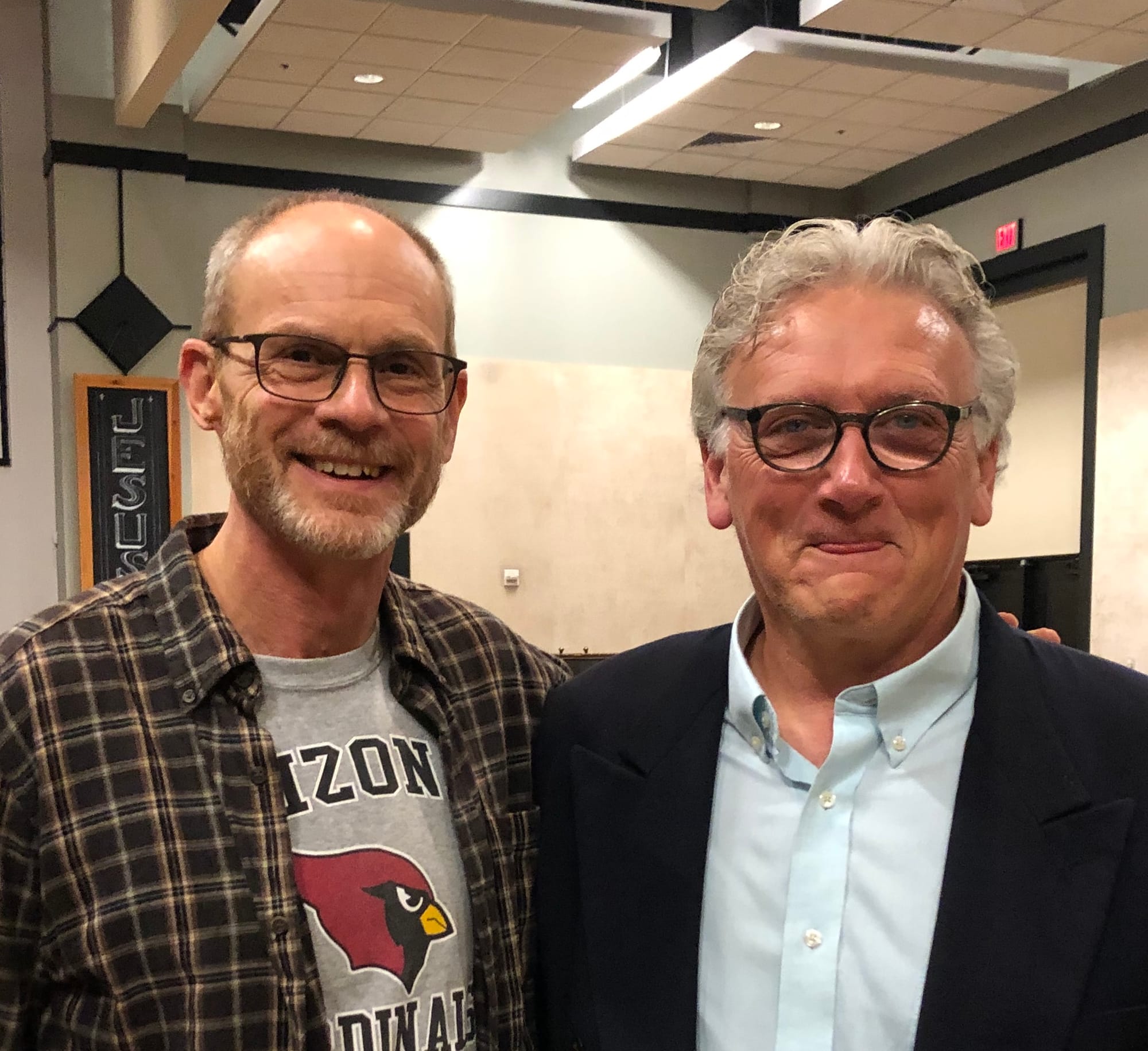After subscribing, be sure to check your spam box for a confirmation message.
About
His books include the critically acclaimed and best-selling The Burning: The Tulsa Race Massacre of 1921, which is a definitive account of America's worst episode of racial violence. In 2019, it was primary source material for the depiction of the massacre in the pilot episode of the Emmy-winning series, Watchmen on HBO. The Burning became a New York Times bestseller in June 2021. That same year Tim's piece on the massacre was the cover story in the April 2021 edition of Smithsonian magazine. In 2019, he published Of The First Class, a definitive history of Fort Worth’s renowned Kimbell Art Museum. His most recent major work is another cover story in the November 2024 issue of Smithsonian, this one chronicling a little known massacre of Lakota Sioux people in 1855, and attempts by Lakota descendants to heal generational wounds from the atrocity.
In 2017, Tim collaborated with grief therapist Patrick O'Malley on the critically acclaimed, Getting Grief Right: Finding Your Story of Love in the Sorrow of Loss, published by Sounds True.
In 2020, Tim published Extra Innings, the story of Fred Claire's remarkable career as general manager of the Los Angeles Dodgers, and in his later years, Claire's triumph over a near-fatal case of skin cancer at the City of Hope Medical Center in California.
A 1995 newspaper assignment led to Tim's interview with Fred Rogers, the icon of children's television, and a close friendship between the two men that lasted until Rogers' death in 2003. Tim's memoir, I'm Proud of You: My Friendship With Fred Rogers, is an intimate account of Rogers' human greatness, and a testament to the healing power of friendship. First published in 2006, I'm Proud of You continues to inspire readers around the globe. The stage adaption of I'm Proud of You, written by Tim and Harry Parker, made its world premiere at Circle Theatre in Fort Worth on October 28, 2023. As of the July 2025, the play has enjoyed five professional productions at theaters around the nation.
The transformative relationship between Tim and Fred Rogers, and Tim's own experiences as a seeking and healing human being remain at the heart of his work. Tim continues to speak of Mister Rogers and matters of the heart to varied audiences around the nation.
Tim lives with his wife Catherine in Texas.

Books
On the morning of June 1, 1921, a white mob numbering in the thousands marched across the railroad tracks dividing black from white in Tulsa, Oklahoma, and obliterated a black community then celebrated as one of America's most prosperous. 34 square blocks of Tulsa's Greenwood community, known then as the Negro Wall Street of America, were reduced to smoldering rubble. And now, 80 years later, the death toll of what is known as the Tulsa Race Riot is more difficult to pinpoint. Conservative estimates put the number of dead at about 100 (75% of the victims are believed to have been black), but the actual number of casualties could be triple that. The Tulsa Race Riot Commission, formed two years ago to determine exactly what happened, has recommended that restitution to the historic Greenwood Community would be good public policy and do much to repair the emotional as well as physical scars of this most terrible incident in our shared past. With chilling details, humanity, and the narrative thrust of compelling fiction, The Burning will recreate the town of Greenwood at the height of its prosperity, explore the currents of hatred, racism, and mistrust between its black residents and neighboring Tulsa's white population, narrate events leading up to and including Greenwood's annihilation, and document the subsequent silence that surrounded the tragedy. To purchase: http://amzn.to/2pobTTN |  |
It began as another newspaper assignment, a celebrity profile of the children’s television icon. But in Fred Rogers, Texas journalist Tim Madigan found more than a fascinating subject. From their first meeting in 1995, at Rogers’ invitation, the two became unlikely friends, a deep and abiding relationship that lasted until Rogers’ death in 2003. To purchase: http://amzn.to/2pobTTN |  |
| In the spring of 1987, when Al Campanis was fired for insensitive remarks on television's Nightline, the choice if his successor as general manager of the Los Angeles Dodgers raised eyebrows across Major League baseball. Fred Claire was a longtime marketing executive with the team, widely admired for his character, work ethic and ingenuity. But he was a former sportswriter with no experience in player trades and roster construction. Yet, just a year later, the Dodger team Claire built shocked the baseball world by inning the 1988 World Series. But his greatest challenge would come long after he left the game. In 2016, skin cancer that began on Claire's lip had spread to his jaw. With his life on the line, the former baseball executive found his way to City of Hope National Medical Center in the Los Angeles suburb of Duarte. While Extra Innings recalls Claire's remarkable baseball career, it also recounts the miraculous story of his cancer fight at City of Hope. Readers will be inspired by Claire's unflinching decency and fortitude--and by the cutting edge science and compassion that make City of Hope unique in the annals of American medicine. In a compelling narrative, Extra Innings ultimately celebrates the best of humanity and offers hope for cancer patients everywhere. Currently available for purchase from Mascot Books at this link: https://bit.ly/3fXlBp0. Type FriendofFred in the coupon box to received a twenty percent discount. Available in bookstores and online on July 1, 2020. |  |
| When the New York Times ran Patrick O’Malley’s story about the loss of his infant son—and how his inability to “move on” challenged everything he was taught as a psychotherapist—it inspired an unprecedented flood of gratitude from readers. What he shared was a truth that many have felt but rarely acknowledged by the professionals they turn to: that our grief is not a mental illness to be cured, but part of the abiding connection with the one we’ve lost. Illuminated by O’Malley’s own story and those of many clients that he’s supported, readers learn how the familiar “stages of grief” too often mislabel our sorrow as a disorder, press us to “get over it,” and amplify our suffering with shame and guilt when we do not achieve “closure” in due course. “Sadness, regret, confusion, yearning—all the experiences of grief—are a part of the narrative of love,” reflects O’Malley. Here, with uncommon sensitivity and support, he invites us to explore grief not as a process of recovery, but as the ongoing narrative of our relationship with the one we’ve lost—to be fully felt, told, and woven into our lives. For those in bereavement and anyone supporting those who are, Getting Grief Right offers an uncommonly empathetic guide to opening to our sorrow as the full expression of our love. To purchase: http://amzn.to/2pobTTN |  |
Contact
- Fort Worth, Texas, United States
Anything Mentionable Newsletter
Speaking
All of my speaking engagements have been postponed because of the coronavirus crisis. Please check back in a few months. If you are interested in having me speak to your group, contact me at tsmadigan11@gmail.com. Thank you and be safe. Tim
|  |





















